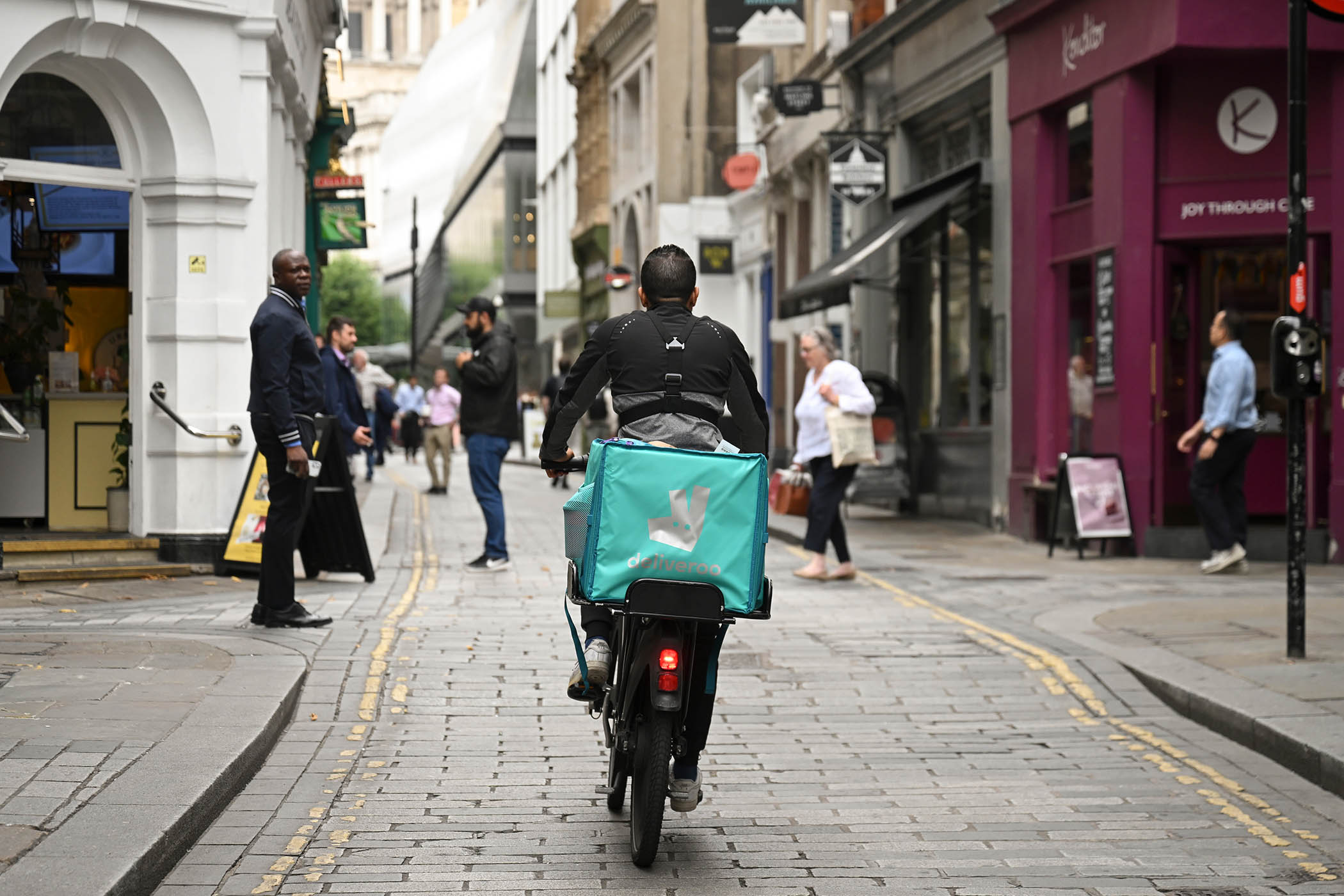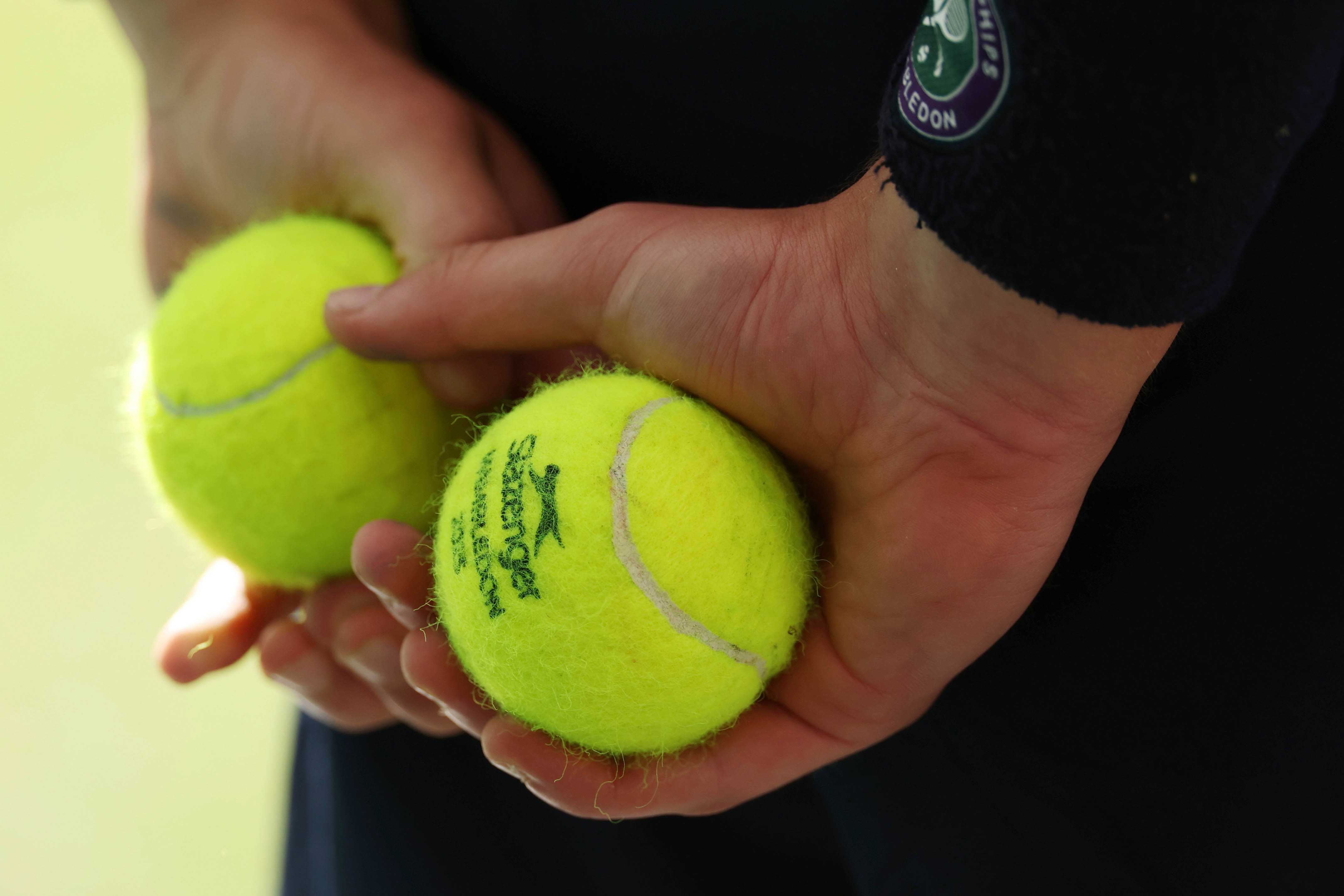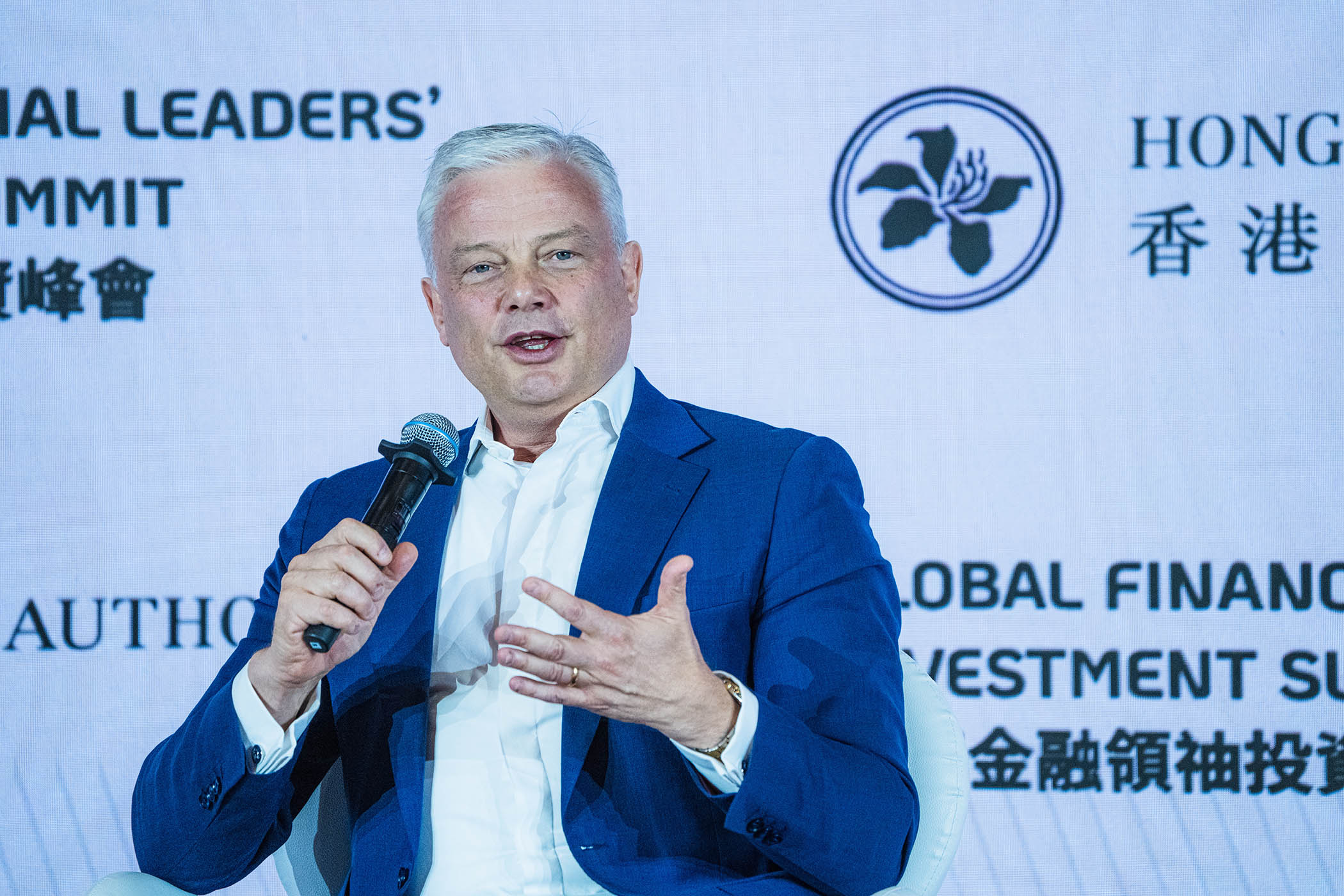Delivery is an age-old service. Regency dandy Beau Brummell selected his outfits on London’s Bond Street but seldom carried them home. Even further back, the Three Wise Men were delivery experts, albeit with premium offers, a one-off customer and a bumpy transport solution.
Next week sees a new milestone in the history of delivery with final approval expected for US DoorDash’s £2.9bn acquisition of UK counterpart Deliveroo. On completion, Deliveroo’s CEO and founder, Will Shu, will step down.
“Will changed the way dine-in restaurants thought about delivery, persuading a whole tranche of sceptical owners to entrust their food quality to him,” says Emma Woods, former CEO of Wagamama. “A truly inspirational man. I can’t imagine Deliveroo without him.”
Other hospitality veterans are less effusive. As deliveries increase, they say, the compound cost of Deliveroo commissions, discounting and pay-per-click advertising means hard margin erosion in a low-margin game. Moreover, restaurants have no access to customer order data. For many, delivery is food’s Faustian pact – a kind of “predatory convenience” that leads to lost margins, lost data and lost soul.
One chain owner also bemoaned Deliveroo bikes clogging up streets, while another wondered whether UK regulators should follow the EU and define drivers as employees rather than gig workers. Yet customers want delivery and only the bravest operators do dine-in only. Flat Iron, the steak chain, is an example. Peter Backman, a food services expert, believes delivery “is now a market in its own right – part of a constellation that includes dine-in, home meals, drive-through … Each should be separately considered.”
But who’s making money? Deliveroo and other delivery aggregators are marginally profitable at best. Deliveroo lost £20m in the last recorded six months but put this down to the DoorDash deal costs. At least the advisers are making money.
Whether or not consolidation brings profits in an inflationary environment with regulatory risk is unclear. Some argue that the last aggregators standing will not only dominate food delivery but become market-making super-apps, like China’s Meituan or Alibaba.
As to who is winning the great delivery war, it’s not Deliveroo shareholders, unless they invested early. Most IPO investors have lost half their money. Meanwhile, DoorDash IPO investors’ shares have increased in value by 84%. A large factor in the valuation difference is US public markets trading on average at 28x profit versus 12x in the UK. That £1.9tn of UK investor capital has exited UK equities since 2000 is another barrier to UK firms scaling up at home and abroad.
In the end, access to capital determines who wins the delivery wars and who scales up. Right now, DoorDash’s share performance makes it a buyer. Its economic model is similar to Deliveroo’s but only one of the players delivers the key order: equity returns.
Whither Will Shu? No one knows, but he bows out with £172m for 12 years’ work. Expressed as an annual salary, this would place him 10th in the list of best-paid Premier League footballers. Who wins? Will Shu wins.
Newsletters
Choose the newsletters you want to receive
View more
For information about how The Observer protects your data, read our Privacy Policy
Photograph by Jaimi Joy/Bloomberg via Getty Images


